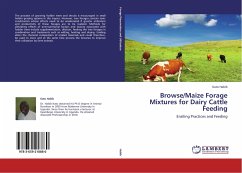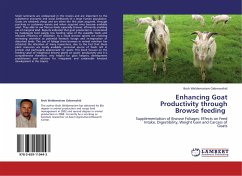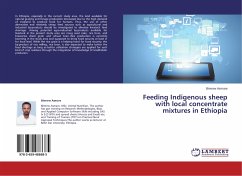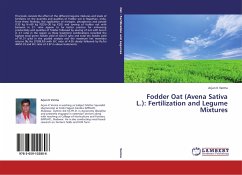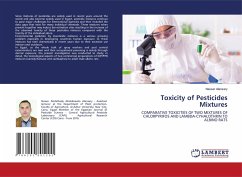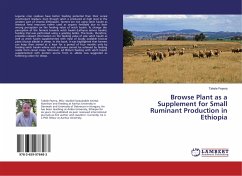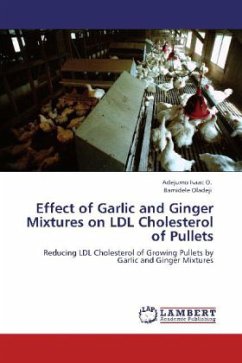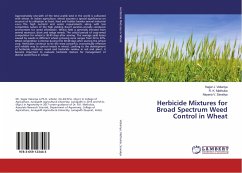The practice of growing fodder trees and shrubs is encouraged in small holder grazing systems in the tropics. However, tree forages contain toxic constituents whose effects need to be ameliorated if greater utilization and productivity of these forages are to be realized. Methods for alleviating effects of anti-nutritional factors and toxicity associated with fodder trees include supplementation, dilution, feeding the tree forages in combination and treatments such as wilting, heating and drying. Ensiling alters the chemical composition of ensiled materials and could therefore, be used to store and at the same time process the browses to improve their utilization by farm animals.
Bitte wählen Sie Ihr Anliegen aus.
Rechnungen
Retourenschein anfordern
Bestellstatus
Storno

